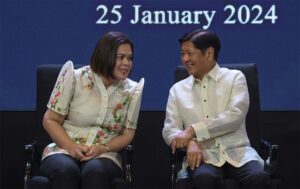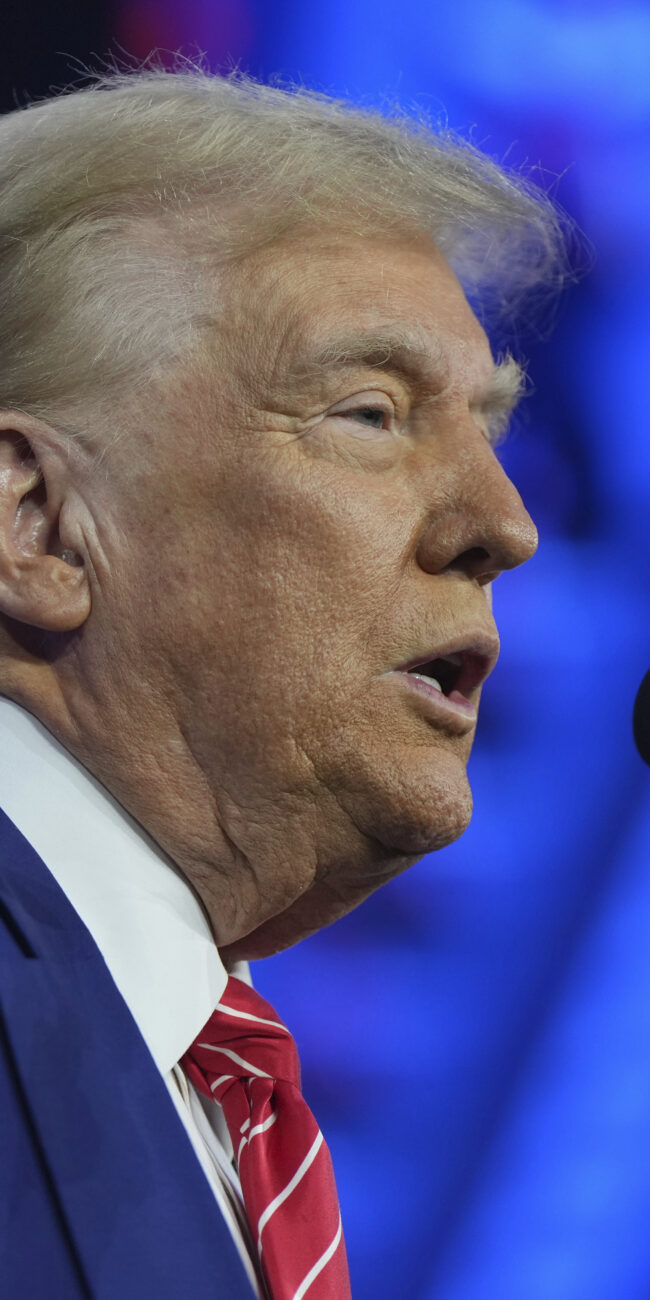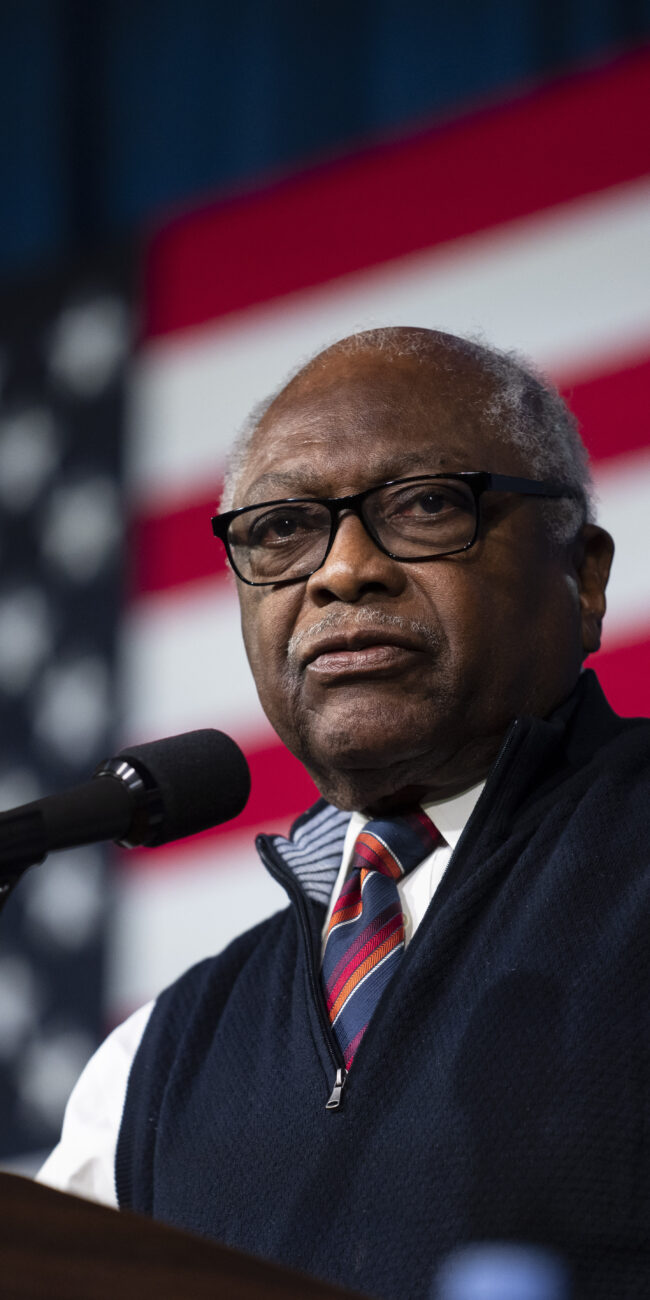
Marcos, Duterte second-half trust ratings drop
By Chloe Mari A. Hufana, Reporter
PRESIDENT Ferdinand R. Marcos, Jr. and Vice-President (VP) Sara Z. Duterte-Carpio’s trust ratings in the latter half of 2024 dropped after they failed to address critical national issues, according to the latest survey by the Social Weather Stations (SWS).
The survey, conducted in partnership with Stratbase Group, revealed that net trust in President Marcos went down to +29 in December from +42 in July.
More than half of respondents, or 54%, said they have “Much Trust” in President Marcos, down from 64% in July. Those who were undecided about their trust in the President rose to 19% in December from 17% in September and 14% in July, while those with “Little Trust” were unchanged at 25% from September.
Regionally, the President’s most significant decline was in Mindanao, where respondents with “Much Trust” plummeted to 33% in December from 50% in July. Conversely, those with “Little Trust” increased to 42% from 33%.
Stratbase President Victor Andres C. Manhit noted the survey results reflect the public’s call for the government to prioritize addressing pressing national issues, particularly inflation and job creation.
“There is a need for the government to continuously implement strategic interventions and bolster awareness about significant government efforts that aim to address key socio-economic concerns, especially among the youth and highly educated groups,” he said in a statement on Monday.
“As inflation and livelihood persist as pressing issues, the administration must focus on delivering clear and impactful solutions that resonate with the daily lives of Filipinos. For Filipinos, economic performance and good governance, remain the most compelling proof points for boosting public trust.”
The survey also found that Vice-President Duterte’s net trust rating suffered, declining to +23 in December from +45 in July, which Mr. Manhit linked to the unexplained spending of confidential and intelligence funds (CIF) by her office and the Department of Education, she previously headed.
Her refusal to answer questions on CIF fund use has “significantly eroded the public’s confidence” in her, he added.
The share of respondents with “Much Trust” in Ms. Duterte went down to 52% from 65% over the same period, while those with “Little Trust” in her rose to 29% in December from 27% in September and 21% in July.
Those who were undecided increased to 17% this month from 16% in September and 13% in July.
Survey results indicated that the sharp decline in Ms. Duterte’s trust ratings was largely concentrated in the National Capital Region (NCR) and Balance Luzon.
In NCR, the percentage of respondents with “Much Trust” in her dropped significantly to 41% in December from 62% in July. While those with “Little Trust” increased by 13%, rising to 40% in December from 27%.
Similarly, in Balance Luzon, the number of respondents with “Much Trust” in Ms. Duterte fell by 22% over the six months, while those with “Little Trust” grew by 13%.
Despite these declines, Ms. Duterte’s overall trust rating is being pulled by slower decreases in trust levels in the Visayas and the enduring loyalty of respondents from Mindanao.
In the Visayas, the percentage of respondents with “Much Trust” declined to 57% from 61% over the six-month period, while it climbed to 83% from 82% in July among respondents in Mindanao.
Hansley A. Juliano, a political science lecturer at the Ateneo de Manila University, said the decline in the two top officials may not yet reflect the leadership preferences of the public.
“We are still very much clientelistic especially when you go down local, and Marcos Jr. is likely to survive further weathering if his government can deliver on basic necessities, actually reverse policy disappointments, and remain consistent on his foreign policy,” he told BusinessWorld in a Facebook Messenger chat.
“Like it or not, VP Sara has lost the narrative against her, not helped by her camp’s sheer obstinacy and media illiteracy, which is a shock considering how her father exploited it to the hilt during his tenure.”
The survey, conducted from December 12 to 18, involved face-to-face interviews with 2,160 respondents and has a margin of error of ±2%.


